Endpoint Security Software
Endpoint security software refers to securing endpoints, or end-user devices like desktops, laptops, and mobile devices. These software also serve as points of access to an enterprise network and creates entry points that can be exploited by malicious actors.
Other Popular Endpoint Security Software
FAQ for Endpoint Security Software
Endpoint Security software is the practice of protecting the various endpoints on a network such as laptops, smartphones, tablet computers and other end-user devices. Endpoints serve as points of access to an enterprise network and represent points of entry that can be exploited by malicious actors.
Anything that your employees use to communicate with one another and share data can also be vulnerable. Endpoint security software is the platform you create to ensure all the endpoint devices in your network maintain certain levels of security and safety.
- Internet of Things (IoT) Security
- Antivirus Solutions
- Endpoint Detection and Response
- URL Filtering
- Application Control
- Network Access Control
- Browser Isolation
- Cloud Perimeter Security
- Endpoint Encryption
- Secure Email Gateways
- Sandboxing
The traditional endpoint security software detection approach is far from being sufficient, especially in corporate environments. This technologies simply do not work against polymorphic malware, which is used by nearly all of today's advanced attacks.
Antivirus software will suffice if your business is small and does not have a network architecture in place. Endpoint security software must be used if you have several workstations or connected machines and find it difficult to identify and monitor new devices that connect to your network.
- Cyber-attack Prevention Capabilities. The first line of defense is prevention. ...
- Continuous Monitoring and Recording. ...
- Rapid Time to Data breach Detection. ...
- Simple, Automated Response. ...
- Integrated Threat Defense.
Some of the best Endpoint Security Software are:-
- TrendMicro
- McAfee
- Bitdefender
- Eset
- Avast
- and many more..
- Data loss prevention.
- Insider threat protection.
- Disk, endpoint, and email encryption.
- Application whitelisting or control.
- Network access control.
- Data classification.
- Endpoint detection and response.
- Privileged user control.
Antivirus is just one component of a comprehensive endpoint security platform. Antivirus software only detects and blocks malicious files on one endpoint, while endpoint security solutions protect your entire network against multiple threats.
As the term implies, endpoint security is the practice of protecting the information contained on your networked devices as well as their workflows. As files enter the network, endpoint protection platforms (EPP) examine them. By using the cloud, modern EPPs like McAfee Endpoint Security hold an ever-growing database of threat information, freeing endpoints from the hassle of storing all this data locally and maintaining these databases.
Antivirus software, firewalls, intrusion detection systems, and anti-malware are all part of endpoint security. Besides the antivirus, Endpoint Security functions as a sandboxing system, a next-generation firewall, and an endpoint detection and response system.
Endpoint management involves identifying and supervising endpoint devices' access rights to a network and applying the appropriate security policies to prevent the use of those devices for malicious purposes.
Devices such as smartphones, tablets, and laptops provide an entry point for threats. The goal of endpoint security is to block access attempts from the endpoints connected to a network and other potentially risky behaviours.
This is a term describing all your desktop computers, laptops, smartphones, POS systems, printers, scanners and tablets. Anything that your employees use to communicate with one another and share data can also be vulnerable.
Resources & Current Trends
CyberSecurity
Explore our recent content on cybersecurity space.
All Topics
Learn about latest trending topics on our blog.






















